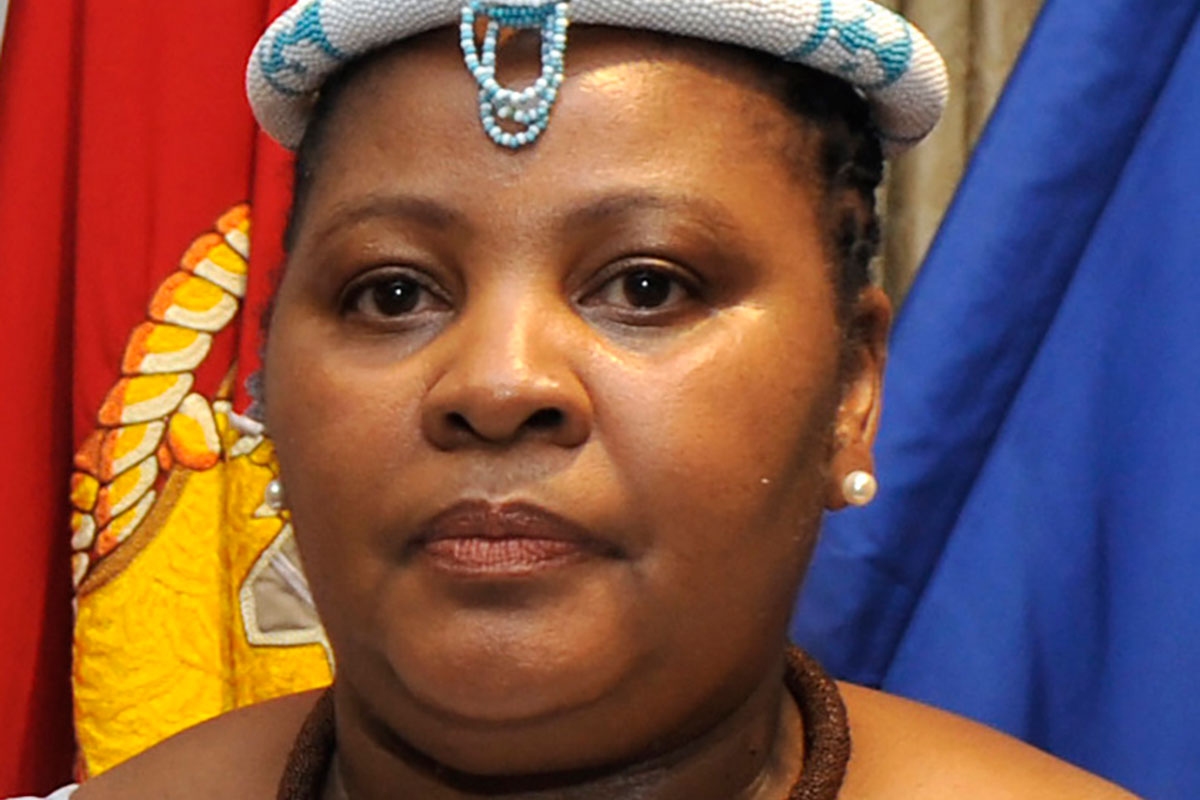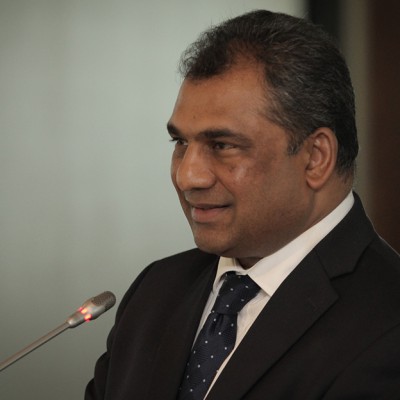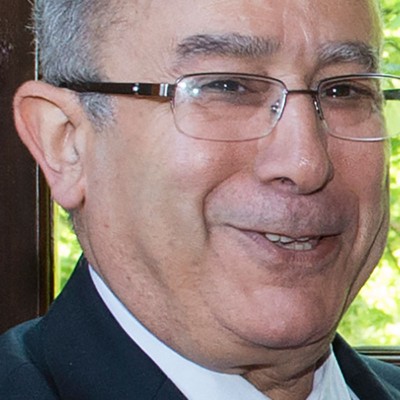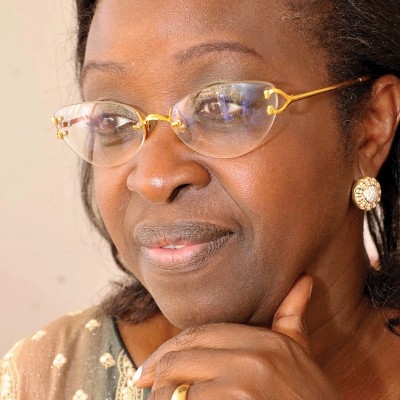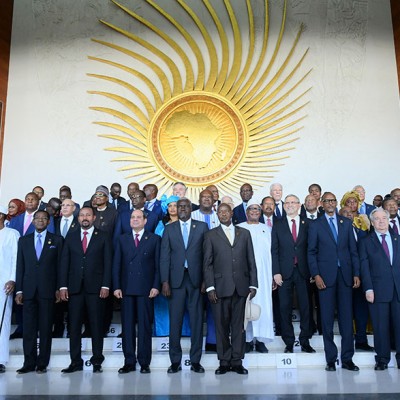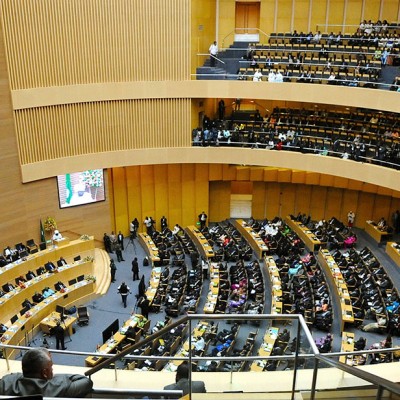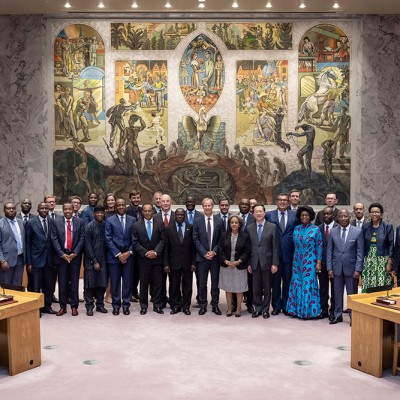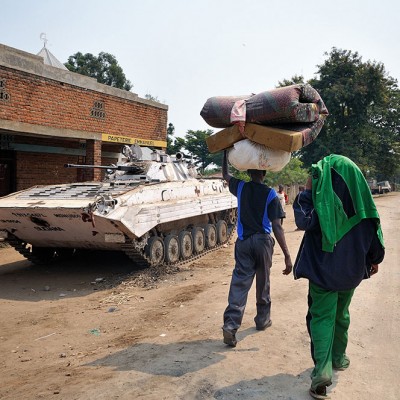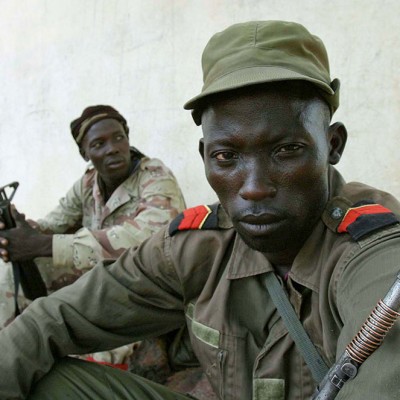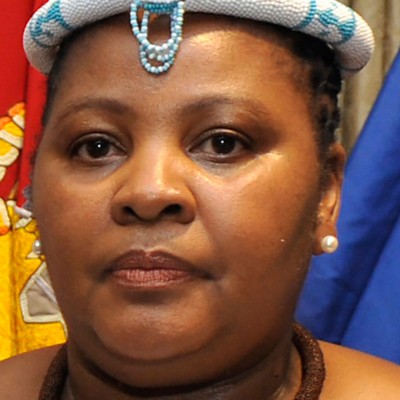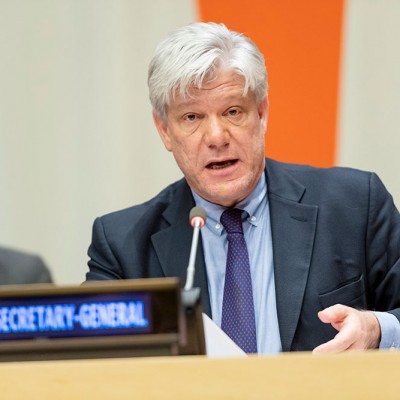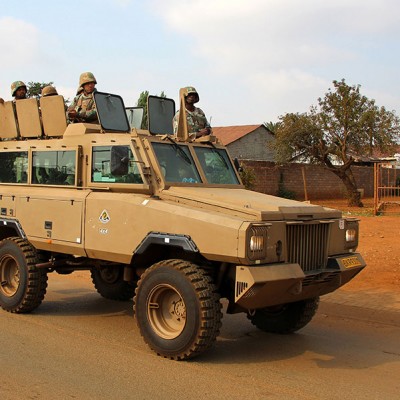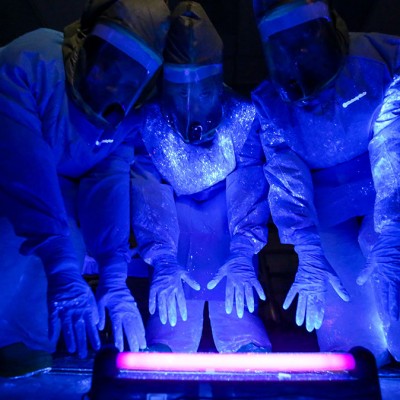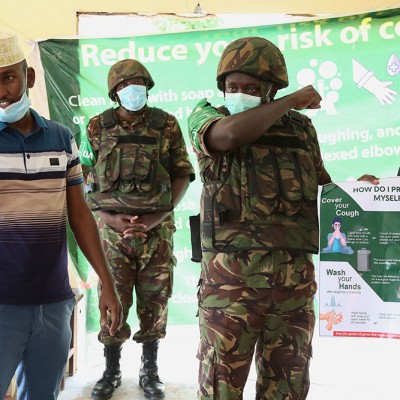For centuries, while the role of the military has been to protect a nation and her citizens from external threats, it is also true that the role of the military establishment has in many of the conflicts afflicting the world, inflicted untold pain and misery on the lives of millions of people. In South Africa, the survival of the apartheid regime was very much dependent on the support of the military establishment. In fact, during those dark days, the military was very much the brains trust of the apartheid state. However, since the advent of democracy in 1994, our democratic government has spent an enormous amount of time in transforming our military establishment from one which was a warmonger to one which is now a peacekeeper, with respect for the country’s constitution and international law. On 18 March 1995, in this very same city, on receiving ACCORD’s Africa Peace Award, one of the founding fathers of our democracy, Nelson Rolihlahla Mandela, said: “Never again shall South Africa be the fountainhead of conflict in the region and further afield. Never again shall our country be the source of armaments used to suppress communities and to wage aggressive wars against neighbours. Never again shall we spend our people’s resources to develop weapons of mass destruction.”
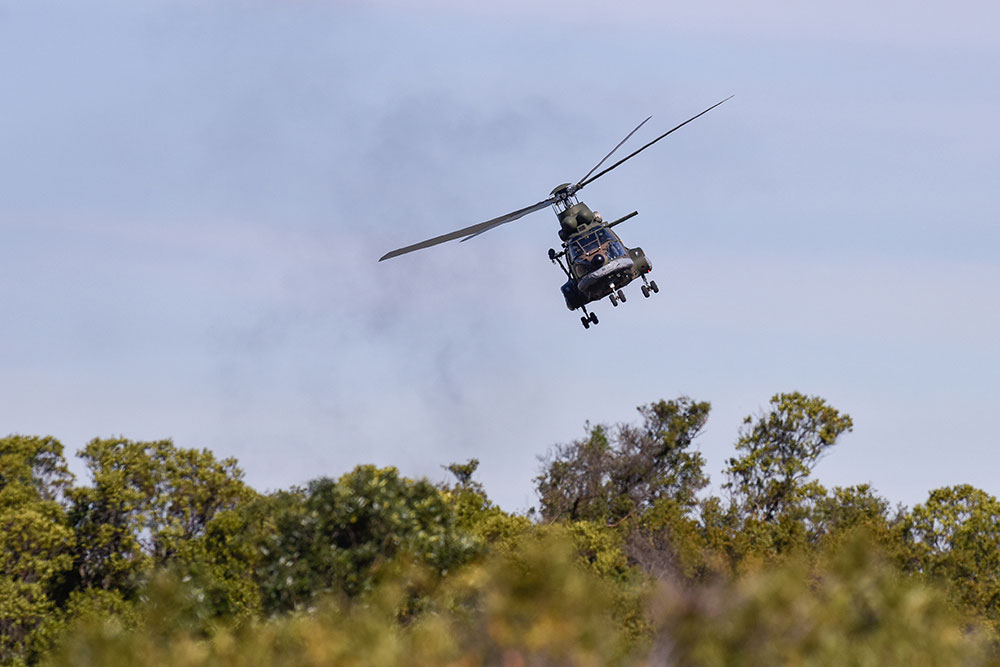
During that turbulent period, Tata Madiba and his fledgling democratic government recognised that the repositioning of our military establishment and other security agencies held the keys to ensuring peace and stability in our democracy. I am therefore happy to report that our military establishment has walked the talk from being a “fountainhead of conflict” to one which is making a significant contribution towards securing peace and stability in our continent. In fact, we rank amongst the top troop-contributing countries on UN missions, making peace and, when necessary, enforcing it!
Today, the world is confronted with a new threat, namely climate change. Climate change threatens our way of life but more importantly, tomorrow it threatens the very existence of future generations. Whilst talk of climate change may sound like a far distant phenomena, we see and experience it daily. It is against this background that we have committed to use our weapons of war to go to war on this new threat of climate change. We need to use all our creative talents and all our resources to fight climate change. The fight against climate change requires the discipline, skills and technology that the military is renowned for. Ours is defence and development, hence we are also involved in major developments in support of our people – such as the major undertaking we have in the Vaal river system – where we have undertaken major repairs of infrastructure and pollution prevention. Our engineers have been hard at work since October 2018. I should also use the opportunity to remind us that even early on in our democracy we realised the importance of the environment, and we dedicated a section of the 1996 White Paper on Defence to environmental matters. But we went beyond that and established an environmental unit within the South African National Defence Force (SANDF), whose members are in our midst. It is for these reasons that I agreed, without hesitation, to commit our military to this campaign in the fight against climate change.
Today, as we lower the tree from our military helicopter, we are illustrating to our citizenry and the world the versatility of the military… it can also give life! Who can forget the assistance of the SANDF to Mozambique during the floods in the year 2000, and the delivery of baby Rosita in a tree with the help of the SAAF helicopter? As we gather here today, we are reopening a chapter in the role of the military… a chapter that changes the narrative from planting bombs to planting trees… from inflicting death to giving life.
I will confer with the Military Command Council of the SANDF, led by the Chief: SANDF, General Solly Shoke. I will urge them to plant one million trees, and to enjoin other defence forces to do the same. Militaries in Afghanistan, Thailand, Britain, Sri Lanka, to mention but a few, have taken up the challenge and already made strides. I want to also use this opportunity to extend a hand of partnership to my counterpart ministers of defence across the world. I will call on them to join the South African National Defence Force, Global Peace and all its partners to plant 75 million trees by September 2020. This will be to commemorate the 75th anniversary of the founding of the United Nations.
Mr Under-Secretary-General, Fabrizio Hochschild, please inform His Excellency the Secretary-General of the United Nations, António Guterres, that by our conduct today, we signal our full support for our multilateral global order and our resolve to strengthen it. It also comes at a time when we are members of the United Nations Security Council until 2021, which we chaired during October 2019. Mama Graça, let me congratulate you and the leadership of Global Peace for this innovative campaign. Let me also thank the leadership of this City of eThekwini and the KZN province for embracing this campaign. I also thank the leadership of the United Cities and Local Government for integrating this campaign launch in its programme. Cities and local government are the lifeblood of our nations, and I call on all our mayors across the world to embrace the campaign to plant trees and breathe life into our social spaces.
Excerpts from the speech by the South African Minister of Defence and Military Veterans, Ms Nosiviwe Mapisa-Nqakula, on the occasion of the Global Peace “Plant Trees Not Bombs” Campaign Launch, ICC, Durban, 14 November 2019. The full text of the speech is available here.

